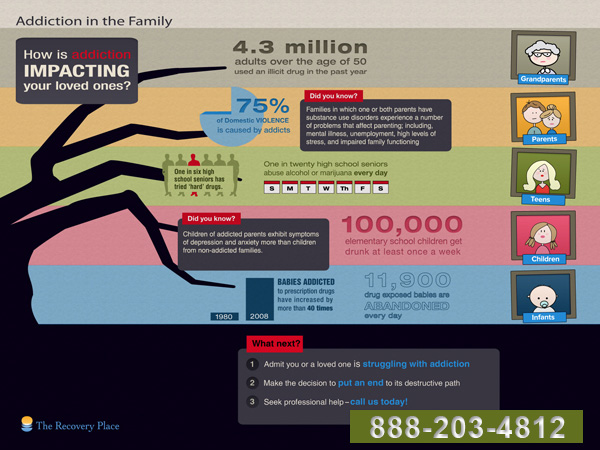Learn How To Develop A Strong Aftercare Plan After Drug Rehab And Achieve Long-Lasting Success
Learn How To Develop A Strong Aftercare Plan After Drug Rehab And Achieve Long-Lasting Success
Blog Article
Content Develop By-Lawson Have
You have actually completed drug rehabilitation, and currently it's time to create a successful aftercare strategy to ensure your long-lasting recuperation.
Picture this: you're a person established to stay tidy and build a meeting life. This short article will lead you via determining recurring support group, including therapy and counseling, and creating healthy coping devices.
With these techniques, you'll be furnished to thrive in your trip of sobriety.
Let's begin.
Identifying Ongoing Support Equipments
You must determine at least 3 recurring support group to make sure a successful healing after drug rehab.
The first support system is your family and friends. They can give emotional support, inspiration, and help you stay liable. They can also offer a risk-free and understanding setting where you can share your struggles and victories.
The 2nd support system is your specialist or counselor. https://www.medicalnewstoday.com/articles/alcohol-and-hypoglycemia can assist you resolve any kind of underlying issues that might have added to your dependency and supply assistance on exactly how to prevent regression. They can likewise instruct you dealing devices and healthy and balanced means to handle stress and anxiety.
The 3rd support system is a support system or a sober area. Being surrounded by others who are experiencing similar experiences can be extremely valuable. They can supply a feeling of belonging, recognizing, and offer important guidance and assistance.
Incorporating Treatment and Counseling
To achieve a successful healing, it is essential for you to proactively participate in therapy and counseling sessions, along with incorporate them into your continuous support group. By doing so, you can make best use of the advantages of these treatment methods and enhance your possibilities of maintaining long-term soberness.
Right here are some crucial reasons including therapy and counseling into your aftercare plan is critical:
- ** Emotional Support: ** Therapy and therapy offer a secure room for you to express your ideas, feelings, and has a hard time related to your dependency. It allows you to work through any unsolved problems and create healthy and balanced coping mechanisms.
- ** Slip back Prevention: ** These sessions furnish you with the essential devices and methods to avoid regression. They help you determine triggers, establish coping skills, and develop a strong foundation for handling desires and tension.
- ** Individual Development: ** Therapy and counseling help with individual growth and self-discovery. They aid you acquire understanding right into the underlying causes of your dependency, boost self-worth, and establish healthier relationships.
Establishing Healthy Coping Devices
Throughout therapy and counseling sessions, it's critical to actively deal with creating healthy coping mechanisms in order to effectively take care of stress and obstacles.
You need to recognize and comprehend your triggers, those points that cause you distress or stress and anxiety. By identifying these triggers, you can establish methods to manage them in a healthy method. This may include exercising deep breathing exercises, participating in exercise, or locating a creative electrical outlet to share your emotions.
visit the next document to likewise surround yourself with a solid support system of loved ones that can supply motivation and guidance.
In addition, self-care tasks such as getting adequate sleep, eating well, and practicing leisure techniques can considerably contribute to your total health.
Final thought
In the journey towards recovery, producing an effective aftercare strategy resembles tending to a fragile garden. Just as a garden enthusiast nurtures each plant with care and attention, so too should one grow recurring support group, integrate treatment and therapy, and develop healthy and balanced coping mechanisms.
By doing so, the seeds of recuperation will certainly bloom into a flourishing garden, giving a strong foundation for a brighter, drug-free future.
